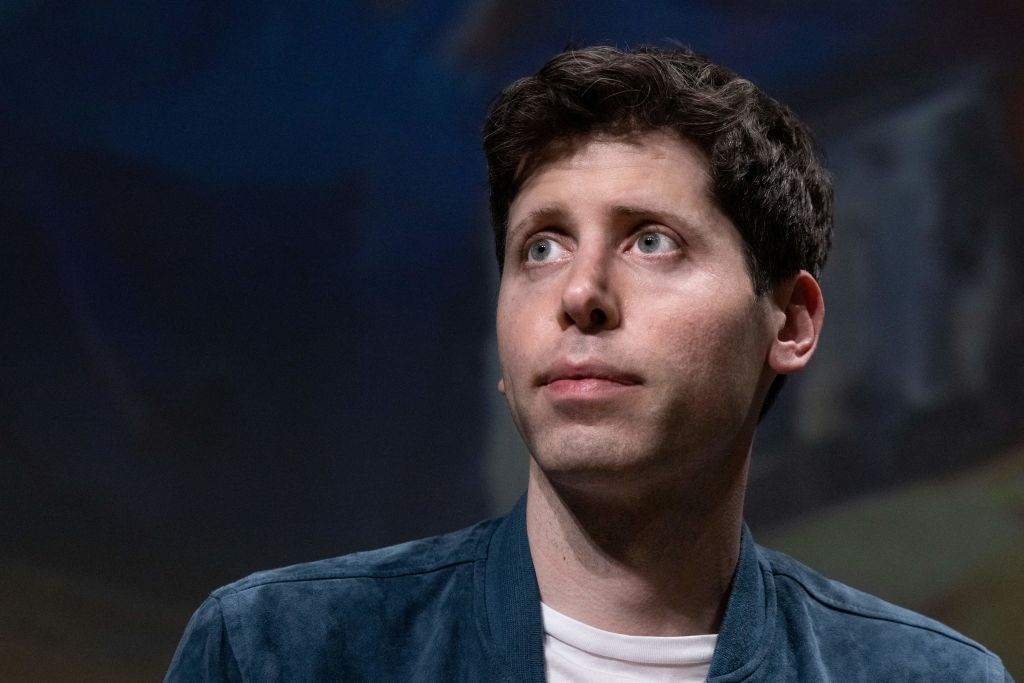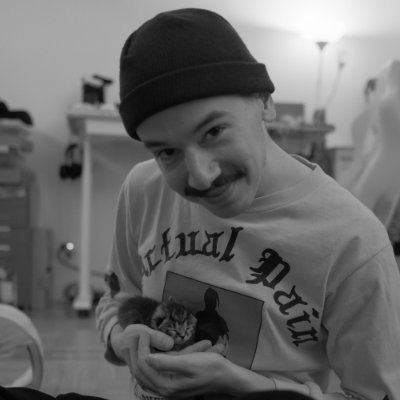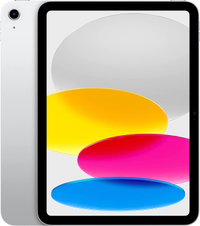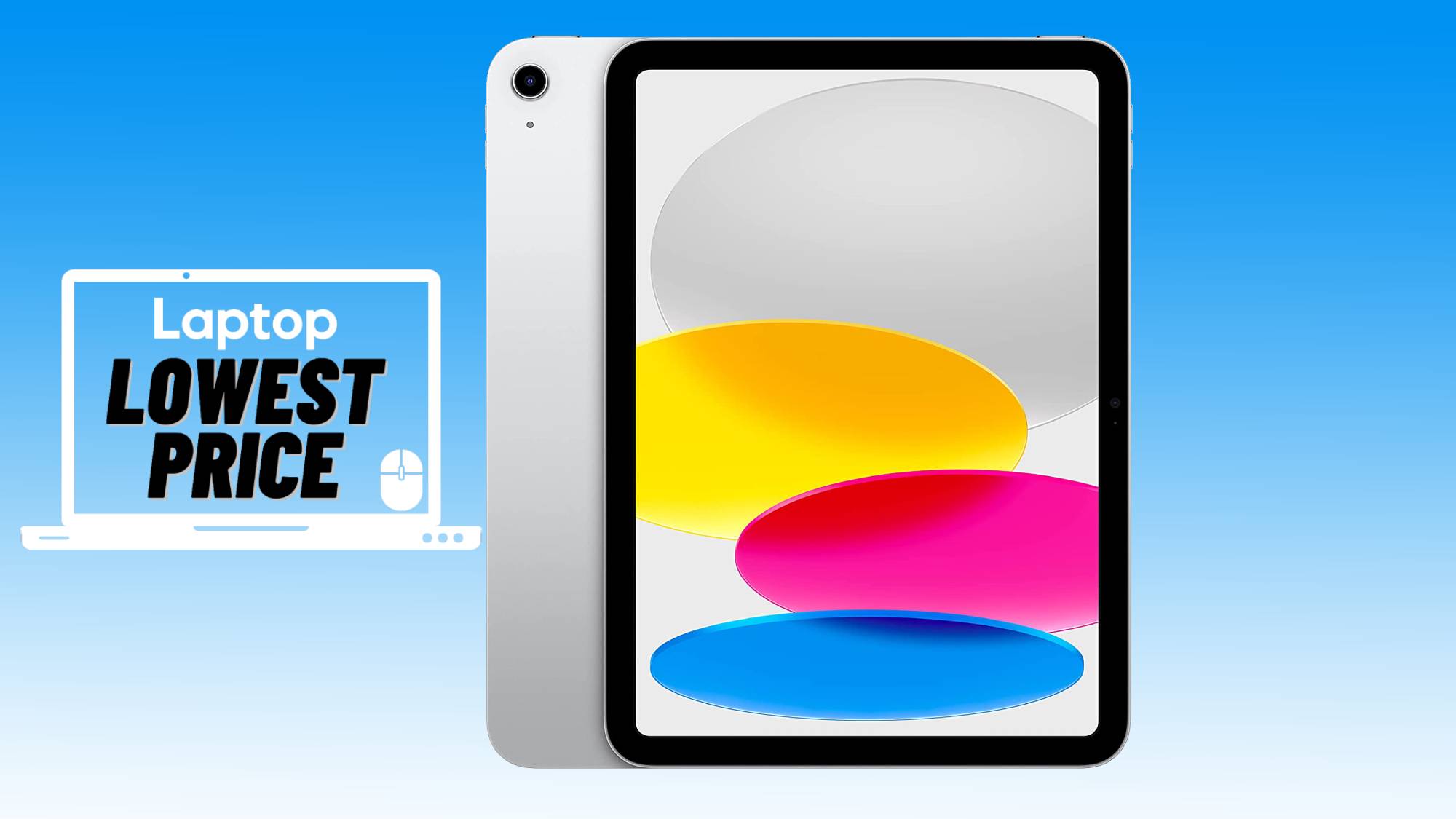OpenAI CEO Sam Altman replies to artists irate over their stolen work
In a TED talk last week, OpenAI CEO Sam Altman said that a revenue model that compensates artists for the use of copyrighted material would be "cool."

It's no secret that ChatGPT may have a copyright problem.
As fun as Studio Ghibli-style image creation might be on the surface, OpenAI has already taken heat — legal and otherwise — for accusations that its AI models are trained on intellectual property.
Probably the biggest example of its copyright troubles comes courtesy of the New York Times, which, as recently as March, moved forward its lawsuit against the AI titan alleging it scraped the publication's content without permission.
OpenAI's CEO, Sam Altman, for what it's worth, is aware that ChatGPT has a habit of (ahem) borrowing content, and during a recent TED talk, he responded to creatives who find their work caught in the chatbot's net.
Altman says OpenAI needs a "new model"
In a discussion with the head of TED Chris Anderson, last week, Altman was pressed about ChatGPT's relationship with copyrighted material, in particular its responsibility in crediting the images, video, and writing generated by its algorithm.
Act fast to save $150 on the iPad 10 with 256GB of storage.
Features: 10.9-inch (2360 x 1640) Liquid Retina display, Apple A14 Bionic chip, 256GB of storage, 12MP rear camera, 12MP front camera, records up to 4K video, USB-C charging, Magic Keyboard Folio and Apple Pencil support (both sold separately), Touch ID, nearly 11-hour battery life.
Release date: Oct. 2022
Price history: At $349 the 256GB model iPad 10 is at its lowest price ever on Amazon.
Price check: Best Buy $429
Review Consensus: Apple’s 10th Gen iPad is a powerful tablet that performs well, surpassing competitors in productivity-adjacent tasks.
Laptop Mag: ★★★★ | Toms Guide: ★★★½
Buy it if: You want a cheaper iPad Air 6 or iPad Pro alternative. The iPad 10 supports Apple Keyboard and Apple Pencil support which makes it a great all-around tablet for light producitvity and entertainment.
Don't buy it if: You want a tablet solely for checking social apps, streaming content, and playing mobile games. Consider the Fire HD 10 which is great for entertainment, reading e-books, and video calling loved ones.
"It's definitely a change, and I have a lot of empathy for people who wish this change wasn't happening," Altman told Anderson.
"If you're a musician and you spend your whole life listening to music and you get an idea and go compose a song that's inspired by what you've heard but in a new direction it'd be very hard to say like 'this much is from this song I heard when I was 11 and this much is from that.'"
Stay in the know with Laptop Mag
Get our in-depth reviews, helpful tips, great deals, and the biggest news stories delivered to your inbox.
With that caveat, Altman went on to say that, theoretically, a model that gives creators and artists a share of that revenue for creating AI art in their style would be "cool" but didn't offer much more on whether OpenAI would ever implement such a model.
"I think it would be cool to figure out a new model where if you say you want to do it in the name of this artist and you opt in, there's a revenue model," Altman said.
AI vs. artists
The exchange between Altman and Anderson highlights an ongoing struggle between artists and generative AI that might only become more fraught as companies push their models further into creative fields.
Recently, OpenAI launched an image-generation model that seemed to borrow heavily from the popular animation style of Studio Ghibli, and while the influence is clear from a visual standpoint, proving that OpenAI's model is trained specifically on certain intellectual property can be a trickier subject.
OpenAI has been furtive about the data sets that its models are trained on, and for good reason — pressure has been heating up from creatives in Hollywood and beyond.
Just last month, hundreds of artists, including Paul McCartney, Ben Stiller, and Mark Ruffalo, signed an open letter urging regulators to take action and provide legal protection against companies using copyrighted material to train algorithms and generate content.
“We firmly believe that America’s global AI leadership must not come at the expense of our essential creative industries,” states the letter.
“AI companies are asking to undermine this economic and cultural strength by weakening copyright protections for the films, television series, artworks, writing, music and voices used to train AI models at the core of multibillion-dollar corporate valuations.”
Whether that will actually result in any legislation remains to be seen, but the sentiments from creatives toward AI are clear, and Altman may have to end up playing ball.
Ultimately, OpenAI will have to convince the very people who are pushing for protection against its algorithms that AI is worth using in the first place
And on that front, "empathy" might only go so far.
More from Laptop Mag

James is Senior News Editor for Laptop Mag. He previously covered technology at Inverse and Input. He's written about everything from AI, to phones, and electric mobility and likes to make unlistenable rock music with GarageBand in his downtime. Outside of work, you can find him roving New York City on a never-ending quest to find the cheapest dive bar.
You must confirm your public display name before commenting
Please logout and then login again, you will then be prompted to enter your display name.


